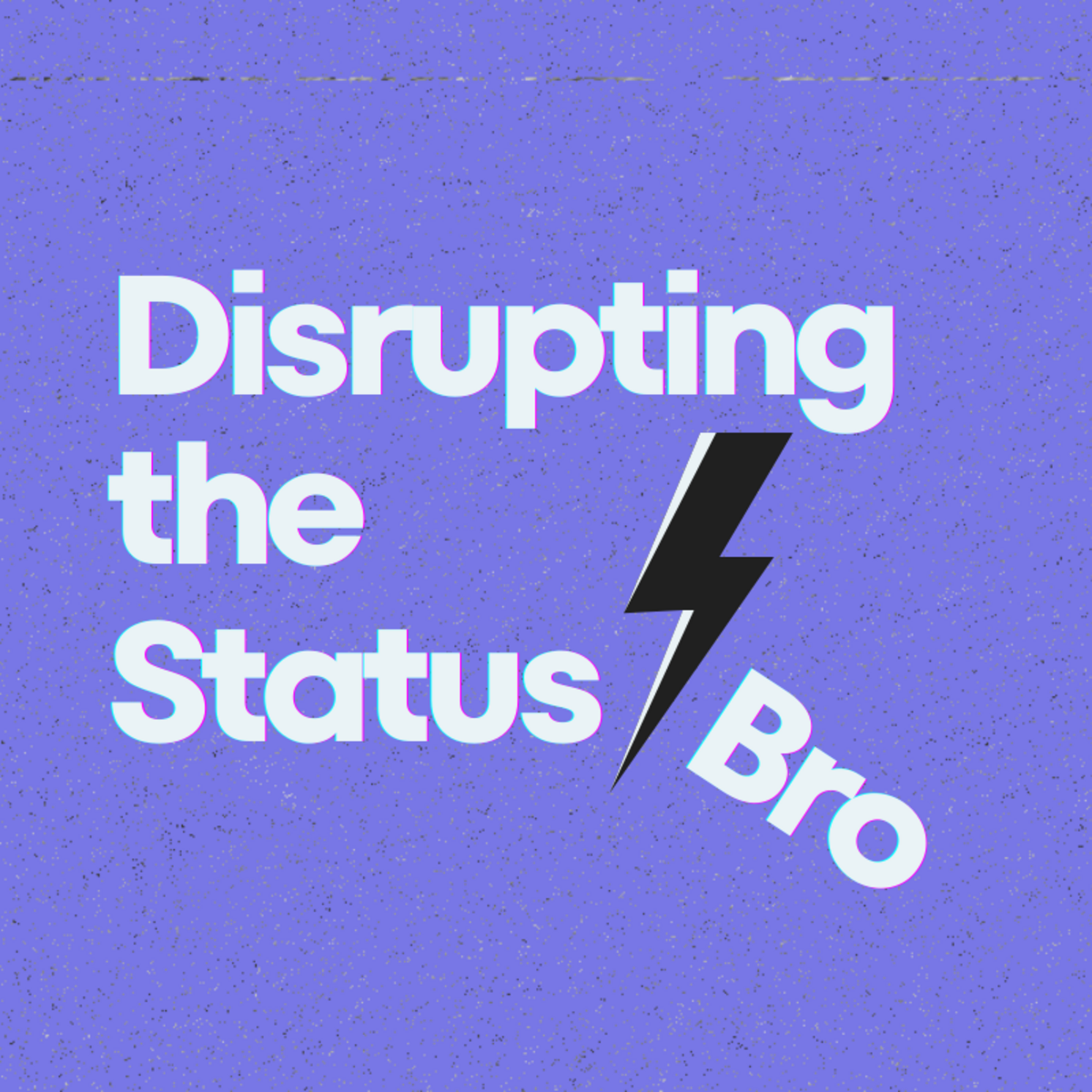
Every time I put fingers to keyboard to finish this post, I couldn’t get Garth Brooks out of my head. “Blame it all on my rooooooots1…” crooned with cowboy affect in my head on loop, because this struggle in disrupting the status bro is so deeply embedded in my personal and professional roots as a writer.
Academically and then professionally, writing has been a standout skill for me. I’ve always been a writer, scribbling stories into Hello Kitty notepads and outlining ideas on paper pulled from the family printer. I went to undergrad for journalism, where writing to convey facts quickly and concisely (and without bias!) was the requirement. Working in marketing and community for 20 years, the ability to write well and communicate value and values (with some bias!) is mission-critical. I write all day long in various formats and channels2 with their own needs and audiences and objectives and relationships between writer and reader…I write a lot, and with purpose. Sometimes that’s persuasion, disagreement or negotiation. Other times it’s vulnerability or data analysis or clarification. Whatever the objective is, I write to make the strongest case I can.
That kind of writing looks a lot like an argument, when you think about it in practical, non-emotional communication terms. I’ve been writing to present a case that furthers an objective or achieves a pre-determined outcome. Most of us were taught to write this way, with the inverted pyramid and a clearly defined thesis statement and other foundational concepts that any effective writer must understand in purpose and practice:
Structurally speaking, there is the intro (Hi, great to talk to you the other day!), the thesis (Here’s what I’m thinking in terms of the specifics of this collaboration), the evidence (all bullet points presenting my ideal structure, ordered and phrased to appeal to their motivations as a win-win), and the conclusion that reiterates the thesis (We’re really excited to work together on this amazing thing! Let me know if you have any questions or feedback, otherwise we can move forward on the above.)
This is a wonderful method of writing! It works! I’ve spent my post-college life viewing everything I write as a case to be made, an objective be met. The short-form, disposable content machine only reinforces this metrics-driven approach further. needs to present the most airtight case possible, every sentence and graf to further a predefined objective. This is a wonderful method of writing! It works! It’s the right tool for the job here, but I’ve come to lean on it in my unpaid work as well. And I don’t think it’s the best tool for this job to be done.
I don’t want to write as an argument here. I need to write as an invitation. The whole nucleus, the earthseed of the Disrupting The Status Bro project is to interact with ideas (and yes, facts and research) that require us to swish around our minds and hearts. To ask ourselves and others different questions, to act with curiosity, to examine the day-to-day more closely and critically, to imagine new ways of being-doing-working-living.
This is an invitation for previously isolated dots to magically connect. It’s our invitation for reflection, discussion, uncertainty.3
This is part community work. It’s part communications. It’s part content, part poetry, part systems change. It’s entrepreneurial work, in the truest sense of innovation.
I can’t promise to deliver something that matches what our middle school English teachers taught us, but I’m pretty sure that was never your objective for being interested in disrupting the status bro.
1 If you need to pause to listen to Friends in Low Places in its entirety, this is your moment. Hell, here’s the link because it’s an earworm.
2 Just today I’ve written in/for Slack, email, LinkedIn, Bluesky, Beehiiv, Notion, spreadsheets, CRM, text message…
3 A big reason I chose Beehiiv for this part of the project was the community features, so join the conversation (just don’t be butts, to quote Anne Helen Petersen of Culture Study fame)


